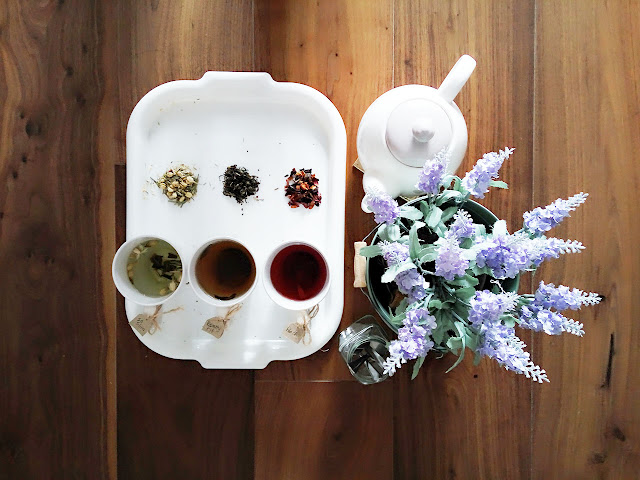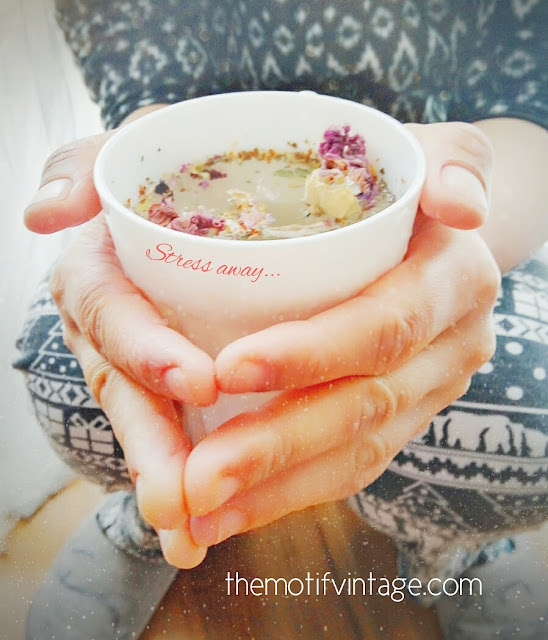WOMEN PREFER HERBAL TEA TO A CUPPA
Consumption of traditional tea has fallen by a third in five years, research shows.But makers of alternative brews have seen sales rise by 10 per cent a year for the past three years, says market analyst Taylor Nelson Sofres.
For many women in their 30s, spurred on by the interest of celebrities such as Geri Halliwell in healthy infusions, herbal and fruit varieties of tea are becoming a daily drink.
Most of them are caffeine free, while traditional teas from India, Ceylon and Kenya contain almost as much of the stimulant as instant coffee.
Although the traditional cuppa is still the nation's favourite hot drink, the average number
of cups Britons drink each day fell from 4.41 in 1995 to 2.95 by 1999. Whereas in 1994 some 77% said they had a cuppa the previous day, by 1999 the figure had dropped to 68%.
For coffee, the figure fell from 56% to 52%. The biggest decline in ordinary tea consumption was among women aged 31 to 35.
Clare Roy, of the London Fruit and Herb Tea Company, said: 'The shift towards a more alternative, natural lifestyle to balance the demands of modern urban living started in the Nineties, but has accelerated rapidly recently.
'An increasing number of women are turning to herbal drinks to help them cope with more
stressful lifestyles which often entail having to balance careers, relationships and family life.
'For many years, people have considered camomile tea to have a calming effect and peppermint tea to aid digestion. Flavoured teas, like blackcurrant, strawberry, raspberry and lemon, are also popular among people looking for a caffeine-free hot drink which in addition is low in calories.'
A cup of traditional tea contains about 40mg of caffeine, compared to 65mg in instant coffee and 150mg in filter coffee. The World Health Organisation recommends a maximum caffeine intake of under 300mg a day.
Although sales of herbal and fruit teas are growing rapidly, they account for only about two per cent of the £669 million a year spent on tea in the UK. Herbal teas have increased their share of this market by 10.3% in the last three years, while fruit teas have increased theirs by 3.5%.
Bill Gorman, executive director of the Tea Council, said: 'It is true to say that herbal and fruit teas are the fastest-growing sector of the tea market at the moment.
'However, because people are used to drinking about three cups of tea a day, there is a reluctance to believe that tea is beneficial to the health.' - dailymail


